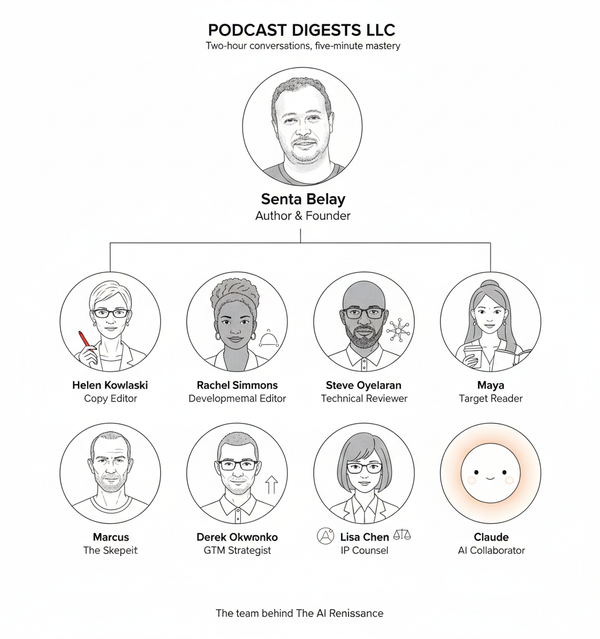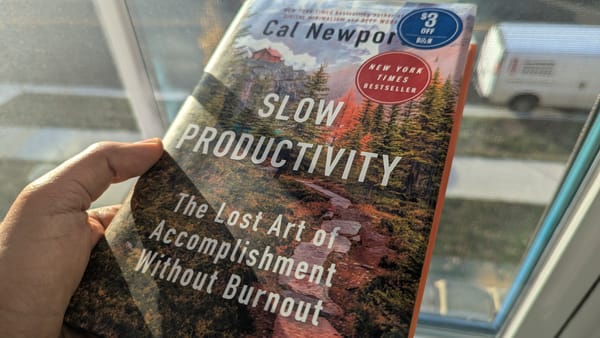The Doctor Who Reversed His Own Disease: What Sugar Is Really Doing to Us 🍬🩺
Dr. Andrew Koutnik doesn’t just study metabolic health — he embodies it. Once a teenager weighing 255 pounds despite “doing everything right,” he learned firsthand how modern nutrition guidelines can fail us. Diagnosed with a chronic disease in his youth, he turned his curiosity into a career, becoming a research scientist who has worked on over 100 studies in diabetes, ketogenic therapies, and performance health.
What makes Koutnik unique isn’t just the research — it’s that his body was his first lab. As he put it: “I exercised all the time, I ate what I was supposed to eat, but I still became obese. You think you’re doing it right — and then you find out the rules were wrong.”
This conversation is about rethinking health at its foundation: the way sugar quietly damages us, how ketosis can act like a metabolic “switch,” and why the most powerful strategies are often the ones your doctor never mentions.
Key Insights
1. Sugar Is a Silent Saboteur
“Over 20% of children have obesity,” Koutnik notes, “and that’s quadrupled over the last 30 years.” The culprit, he argues, isn’t just over-eating — it’s sugar hidden inside foods marketed as “healthy.” “What looks healthy isn’t always healthy, and it’s not by accident,” he warns. Sugar isn’t just calories; it’s a slow disruptor of metabolism, laying the groundwork for obesity, inflammation, and chronic disease.
2. A Childhood That Questioned the Rules
Koutnik’s turning point came when his weight tipped to 255 pounds. “I did everything I was told, right? I exercised all the time, I ate what I was supposed to eat, but I still became obese.” That contradiction seeded a lifelong habit of questioning authority. The message: if the rules don’t work, maybe it’s time to rewrite them.
3. Ketosis as a Metabolic Switch
The ketogenic diet wasn’t just another experiment. It became a revelation. “I came across this diet a little over a decade ago,” he recalls, “and found positive impacts on diabetes, obesity, Alzheimer’s, serious mental illness, chronic diseases. Many of these are not just preventable but also reversible.” To Koutnik, ketones don’t just fuel the body; they flip genetic switches that protect cells under stress.
4. Science That Becomes Survival
Koutnik isn’t a detached researcher. “I’ve actually taken this a number of times because having been in research for the last 15 years, and having lived with multiple chronic diseases — one of which I reversed — some of the most powerful strategies like this were not being told to me when I went to the doctor’s office.” His work is science welded to survival.
5. Delaying Cancer, Enhancing Cognition
He cites data from his own studies: “We’ve seen a 15% improvement in how individuals were able to read and absorb information… and we showed it delayed the progression of metastatic cancer.” For Koutnik, ketosis isn’t a fad; it’s a therapeutic lever with measurable outcomes.
6. Chronic Disease as a Failure of Imagination
The shock for him was realizing that medical guidelines rarely mention these interventions. “The most powerful strategies like this were not being told to me,” he says, reflecting on the gap between healthcare and true prevention. Doctors often wait until disease emerges, while metabolic interventions could delay or even reverse its course.
7. The Longest Diabetes Study of Its Kind
Koutnik’s team ran the longest-ever study of a ketogenic approach for a patient with type 1 diabetes. “Let me tell you all about it,” he says, eager to share not just statistics but lived outcomes. The study added credibility to what was once fringe — that diet could stabilize even severe chronic illness.
8. Food as Pharmacology
“A lot of people don’t realize that many of these diseases are not just preventable but also reversible.” Koutnik frames food as chemistry, not comfort. Sugar acts like a slow poison, while ketones act like a therapeutic agent. In his words, a kitchen table can be more powerful than a pharmacy shelf.
Closing Reflection
Dr. Andrew Koutnik’s story is a reminder that health isn’t handed down by guidelines or prescriptions — it’s built from daily choices and deeper imagination. He lived the contradiction: following the rules yet falling ill, only to discover that real healing required rewriting those rules.
The lesson is simple but radical: sugar is not benign, metabolism can be engineered, and prevention is performance by another name. As Koutnik shows, the body is both fragile and astonishingly adaptable. The question is whether we choose to keep patching symptoms, or flip the metabolic switches that can change the trajectory of our lives.
In the end, this isn’t just his story. It’s an invitation for us all to stop waiting for disease before acting like our lives depend on it.



